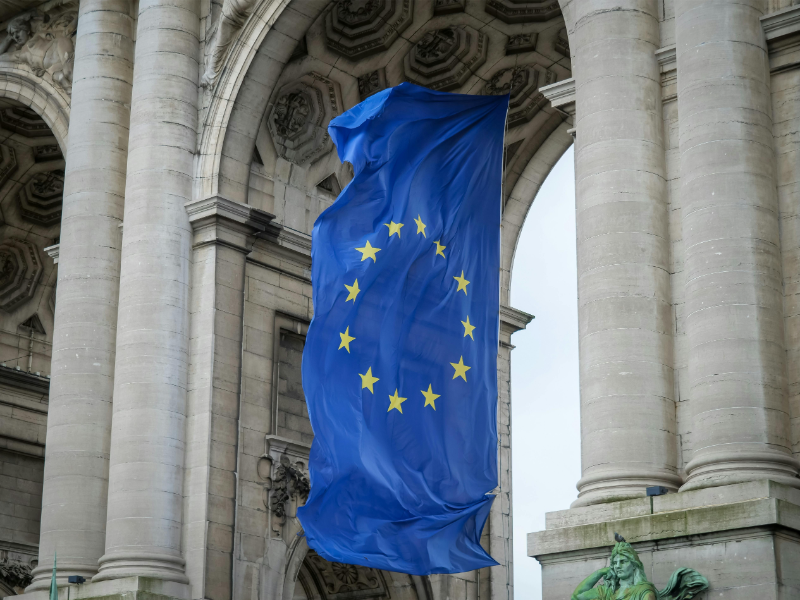- Meta cut the price for EU users’ ads-free subscription fee by 40% of Facebook and Instagram to comply with regulatory demands.
- Meta also introduced free version of Facebook and Instagram options feature less personalized ads for EU users.
What happened
Meta cut the cost of its ad-free subscription editions of Facebook and Instagram by 40% for users in the European Union, said ‘to meet regional regulatory requirements’. Facebook and Instagram’s monthly membership service for desktop users in the EU will now cost 5.99 euros instead of 9.99, and for iOS and Android users, it will now cost 7.99 euros instead of 12.99, starting November 13th.
Meta also introducing a new option for EU users: a free version of Facebook and Instagram that will feature less personalized advertisements. This alternative will display ads based on limited user data, such as age, gender, and location, rather than the more detailed targeting previously employed. Users opting for this free service may encounter unskippable ads, which Meta argues are necessary to maintain value for advertisers.
In response to an EU law designed to crack down on tech giants’ anti-competitive behavior, Meta first launched an ad-free subscription service for the EU in October 2023. Additionally, after the firm was penalized more than $400 million by regional regulators for breaking EU data privacy regulations, the subscription service came into effect.
Also read:Warner Bros. Discovery CEO: Trump win may boost media mergers
Also read:South Korea slams Meta with $15M privacy fine
Why it’s important
These changes come amid ongoing scrutiny from EU regulators regarding Meta’s advertising practices. The company has been under pressure to provide alternatives to its targeted ad model, which has been criticized as anti-competitive. Meta’s adjustments are seen as an effort to comply with regulations like the Digital Markets Act (DMA) and to avoid potential fines that could reach up to 10% of its annual global revenue, estimated at around $13 billion based on 2023 figures.
The reduced subscription fees make Meta’s services more competitive compared to other social media platforms. This strategic pricing aims to retain existing users and attract new subscribers who may have been deterred by previous costs, thereby bolstering Meta’s market position in the EU. In comparison, the introduction of a free version of Facebook and Instagram with less personalized ads reflects a broader shift in how digital advertising may evolve in response to regulatory demands. While Meta believes that personalized ads are crucial for a free internet, the new options may lead to a decline in ad relevance, which could affect overall user engagement and advertiser satisfaction.

